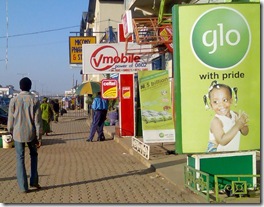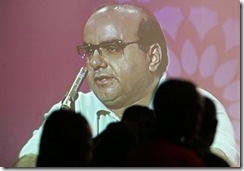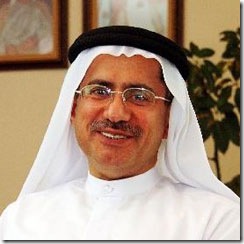Indonesia’s communications minister confirmed yesterday that Qatar Telecom may gain majority control of the country’s second largest operator Indosat, by increasing its stake from 40.8 per cent to a maximum of 65 per cent.
 Qtel will have greater exposure to the Indonesian market following the announcement it can gain a majority stake in operator Indosat.
Qtel will have greater exposure to the Indonesian market following the announcement it can gain a majority stake in operator Indosat.
However, Qtel has two years in which to separate Indosat’s fixed-line and mobile companies, as telecommunications law allows a maximum of 65 per cent foreign ownership for mobile operators and 49 per cent for fixed-line.
Qtel acquired a 40.8 per cent stake in Indosat from Singapore Technology Telemedia in June, at a cost of US$1.35 billion
“It is our sincere belief that Indosat will be a stronger company with one shareholder holding more than 50 per cent of the shares,” stated Qtel’s chairman Sheikh Abdullah Bin Mohammed Bin Saud Al Thani. “This will provide a solid basis for future investment.”
A statement from Qtel advised that upon receiving formal notice of the clarification from the authorities, the telco would soon proceed with coordinated tender offers in Indonesia and the US for a majority stake in Indosat. Subject to confirmation by the Indonesian market regulator and under the new mandatory tender offer procedures, the offer price for each Series B share would be set at IDR6,416 (US$0.64).
Indonesia has already demonstrated its potential for Qtel, with Indosat operations contributing 17 per cent to group revenues in the third quarter of 2008, post-acquisition. Indosat ended the period with 36.3 million customers.
As of Q308, Indonesia become Qtel’s second largest market by revenue, with only Qatar contributing more. Indonesia is the fourth most populous nation in the world with 230 million people, and with mobile phone penetration rates estimated at 48 per cent, the Qatari operator is confident there is significant scope for continued growth and development.







